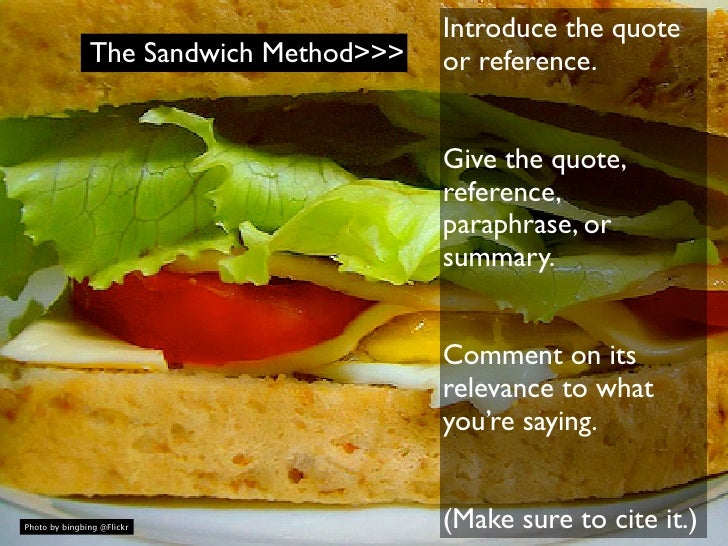 |
| Students don't look amused spending lots of time searching for sources. |
Fish believes that the main thing college courses should teach, is how to put together good structured sentences. He says that this should be the most important thing that college students should know how to do within their first year of college. Yes, Fish you made an excellent point but I believe that, that’s not the most important thing college classroom’s should teach. I believe that it’s very easy to teach students how to write good sentences. That shouldn’t be the main topic that teachers should focus on. For 6 weeks, I observed a first year college student while he got tutored for his English class. Due to my observations in the (The Writer's Studio) OSU Newark Writing studio, I’ve came to the conclusion that first year English courses should focus on helping students get in the habit of finding good sources that are reliable. It seem as if it’s a reoccurring problem that college professors often notice but don’t teach students enough about it. . Most first year students have a hard time searching for sources. It’s a struggle because it’s very time consuming & can cause students to become very frustrated, especially if you have no idea where to search or what it is that you’re looking for.
Before coming into college, most students aren’t used to searching for sources. It’s new to them. When they are told to do the task of searching for reliable sources, they end up wasting lots of time trying to find sources when it shouldn’t take them long to do at all. To my understandings, students will always have a hard time getting the hang of trying to research sources that they are able to use if college teachers don’t take their time to teach it to them.
In the Writer’s Studio, students only have about 55 minutes to work with their tutors. That’s not enough time to search for sources when you have other things to work on for your essay’s. I believe that college classes should give students more time during their classes to focus on finding good sources. Instead of watching students waste their time stressing over sources that won’t do them any good, teachers should find time to help them get the job done in an easier way. They should teach students the most effective & quickest way to find reliable sources. I also believe that college teachers should maybe point out an exact website or two to students that they know students would be able to grab a few reliable sources from for their topic of their essay. That’ll help them out a lot if the student know where to find what they’re looking for instead of spending lots of wasted time. No one likes to go through lots & lots of sites before finding the perfect ones that they can use.
In order to find good sources you do have to go through & analyze multiple sources. Good reliable sources provides information that is related to the topic of your paper. They help to backup your specific claim or claims. You should always have more than one source to lean on. As said by Harvard Guide to Using Sources “ Try to generate more leads than you technically need. That way you can have alternatives & can make good choices from them” For current & future college classes, I recommend that teaching students how to search for & how to use sources should be taught right away. Teaching the students how to search for sources as soon as they enter the college classroom will not only be helpful for the students but for teachers as well.
 |
| Searching for information to use |















